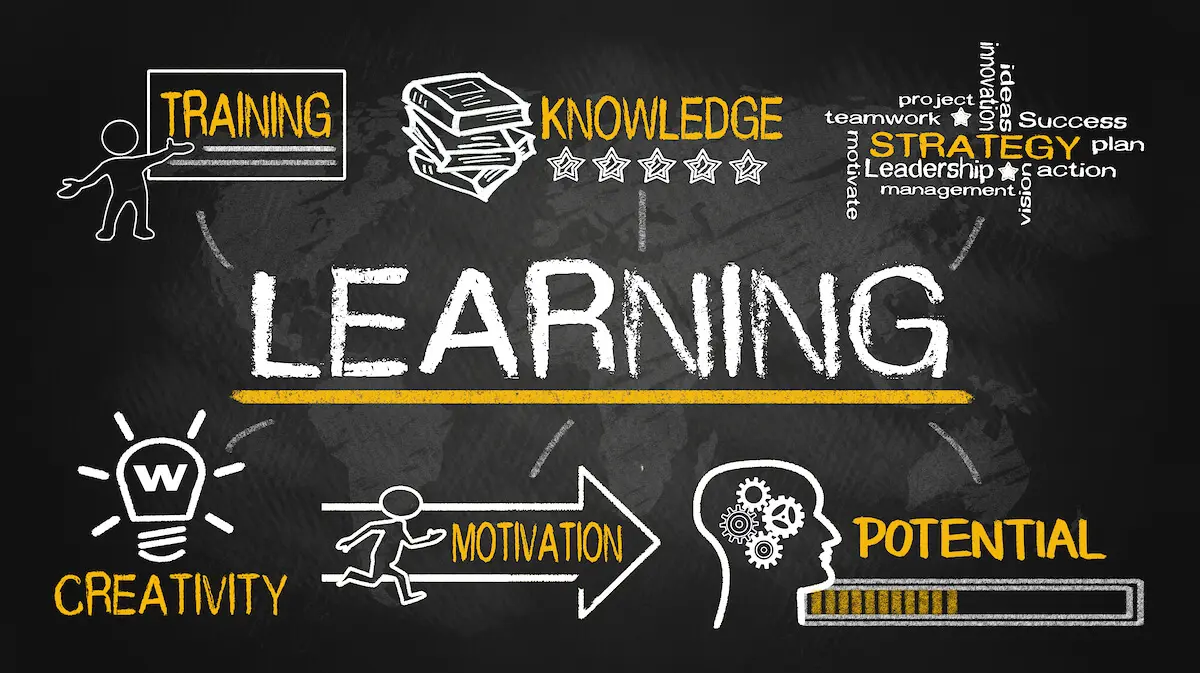The Power of Lifelong Learning: How to Stay Ahead in a Fast-Changing World

In a world that is evolving faster than ever, the ability to adapt and grow has become a crucial skill. Lifelong learning – the continuous pursuit of knowledge and skills throughout life – is not just an option; it is a necessity. Whether it’s to advance in your career, navigate changes in technology, or enhance your personal growth, lifelong learning equips you to thrive in a fast-changing world.
Why Lifelong Learning Matters
The pace of change in today’s world is staggering. From technological innovations to shifts in workplace dynamics, staying relevant requires constant upskilling. Here are some key reasons why lifelong learning is essential:
- Career Advancement: Industries are evolving, and new skills are in demand. Continuous learning helps you stay competitive and open to new opportunities.
- Personal Growth: Beyond professional benefits, learning fosters intellectual stimulation, creativity, and emotional well-being.
- Adaptability: The ability to learn new skills quickly makes you more resilient to change, whether it’s shifting market trends or unexpected challenges.
The Benefits of Lifelong Learning
1. Enhanced Career Opportunities
Employers value individuals who are proactive in acquiring new skills. Whether it’s learning a new programming language or mastering soft skills like communication, your willingness to grow can set you apart.
2. Improved Cognitive Function
Studies show that continuous learning keeps the brain active, improving memory, problem-solving abilities, and overall mental agility. It’s like a workout for your brain!
3. Increased Confidence
Mastering new skills boosts your confidence and self-esteem. It demonstrates that you can take on challenges and achieve your goals.
4. Expanded Social and Professional Networks
Learning environments, whether online or offline, connect you with like-minded individuals. These connections can lead to collaborations, friendships, and mentorship opportunities.
How to Embrace Lifelong Learning
Adopting a mindset of continuous improvement doesn’t have to be overwhelming. Here are practical steps to integrate lifelong learning into your life:
1. Set Clear Goals
Identify the areas you want to grow in. Whether it’s advancing in your career, exploring a hobby, or developing a personal skill, having a clear objective will keep you focused.
2. Leverage Online Learning Platforms
Platforms like Coursera, Udemy, and LinkedIn Learning offer courses on a wide range of topics. Many are self-paced, allowing you to learn on your own schedule.
3. Read Widely
Books, articles, and blogs are excellent sources of knowledge. Commit to reading regularly, even if it’s just 10-15 minutes a day.
4. Attend Workshops and Seminars
Look for local or virtual events that align with your interests. Workshops provide hands-on learning experiences, while seminars often feature industry experts sharing valuable insights.
5. Engage in Peer Learning
Join study groups, forums, or communities where you can exchange knowledge and ideas. Collaborative learning helps you gain new perspectives.
6. Practice and Apply What You Learn
Knowledge is most valuable when applied. Use what you learn in real-life situations to solidify your understanding and showcase your skills.
Overcoming Barriers to Lifelong Learning
While the benefits of lifelong learning are clear, many people face obstacles. Here’s how to address some common challenges:
- Lack of Time: Prioritize learning by scheduling it into your daily routine, even if it’s just 20 minutes a day.
- Fear of Failure: Remember, learning is a process. Mistakes are an essential part of growth.
- Financial Constraints: Many online platforms and libraries offer free or affordable learning resources.
Inspiring Examples of Lifelong Learners
- Bill Gates: Despite his busy schedule, Gates dedicates time to reading 50 books a year, believing in the power of learning to solve global challenges.
- Oprah Winfrey: Known for her insatiable curiosity, Oprah continues to explore new ideas through interviews, books, and courses.
The Future of Lifelong Learning
As technology advances, so do the opportunities for lifelong learning. Virtual reality (VR) and artificial intelligence (AI) are making learning more immersive and personalized. The future promises even more innovative ways to acquire skills and knowledge, ensuring that everyone can access education tailored to their needs.
Final Thoughts
Lifelong learning is a journey, not a destination. It empowers you to adapt, grow, and lead a fulfilling life in an ever-changing world. By embracing a mindset of curiosity and self-improvement, you can stay ahead and unlock your full potential. So, what will you learn next?



